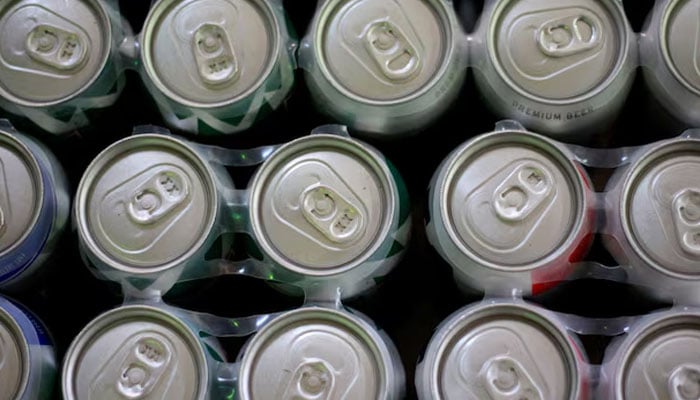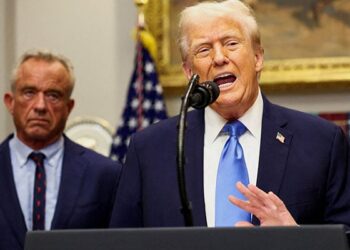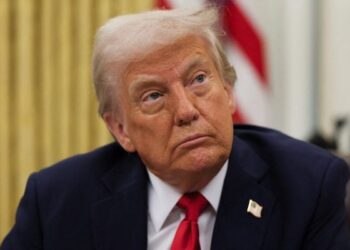Select Language:
The World Health Organization (WHO) is advocating for nations to increase taxes on sugary beverages, alcohol, and tobacco by 50% over the next decade. This marks its strongest endorsement of taxes aimed at addressing ongoing public health issues.
The UN health agency stated that this measure could reduce consumption of these products, which are linked to illnesses like diabetes and certain types of cancer. Additionally, it could generate funding at a time when global aid is declining and public debt is escalating.
“Health-related taxes are among the most effective tools we have,” commented Jeremy Farrar, the WHO’s Assistant Director-General for Health Promotion and Disease Prevention. “It’s time to take action.”
The WHO introduced this initiative, dubbed “3 by 35,” during the UN Finance for Development conference held in Seville.
This tax initiative could potentially raise $1 trillion by 2035, leveraging data from health taxes imposed in countries such as Colombia and South Africa. The WHO has long supported taxes on tobacco and has recently advocated for similar measures on alcohol and sugary drinks. However, this is the first time it has proposed a specific target for price increases on all three products.
WHO Director-General Dr. Tedros Adhanom Ghebreyesus emphasized that these taxes could assist governments in adapting to new economic realities while strengthening their health systems with the funds collected.
Many low and middle-income nations are facing reductions in aid, particularly from the United States, which is notably absent from the Seville conference. The U.S. is also in the process of stepping back from its involvement with the WHO.
From $4 to $10
For instance, this initiative would entail a government in a middle-income country increasing taxes on a product to elevate its price from $4 today to $10 by 2035, considering inflation, according to WHO health economist Guillermo Sandoval.
The WHO noted that nearly 140 countries had already raised tobacco taxes and, consequently, prices by over 50% on average from 2012 to 2022.
Sandoval indicated that the WHO is also looking into broader tax recommendations, including those targeting ultra-processed foods, once the agency finalizes its definition of such foods in the coming months. However, he acknowledged that pushback from the industries concerned is anticipated.
This initiative is supported by organizations such as Bloomberg Philanthropies, the World Bank, and the Organisation for Economic Co-operation and Development (OECD), and it includes assistance for nations wishing to act.







